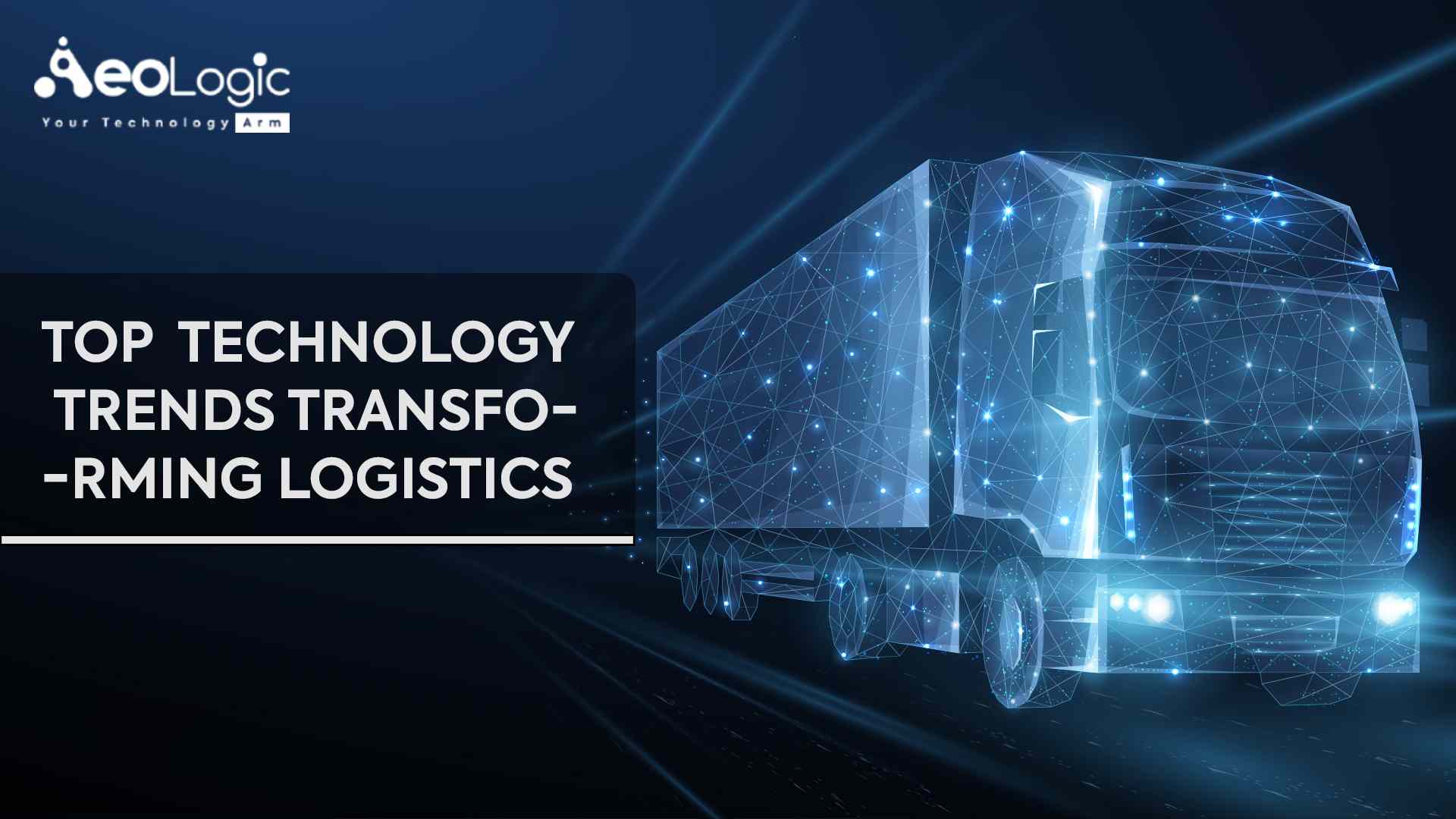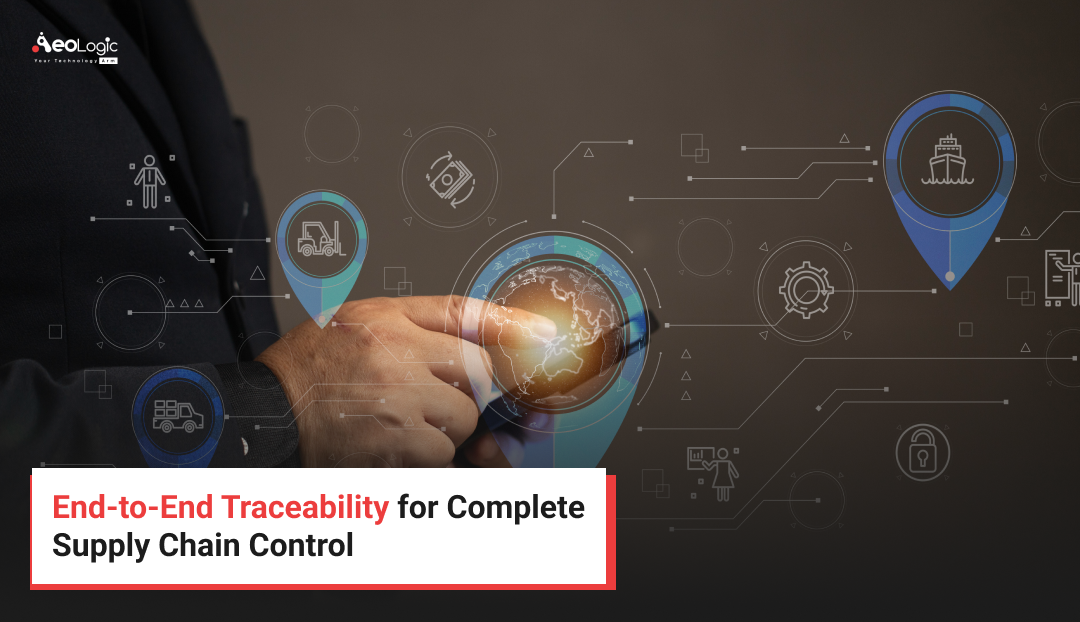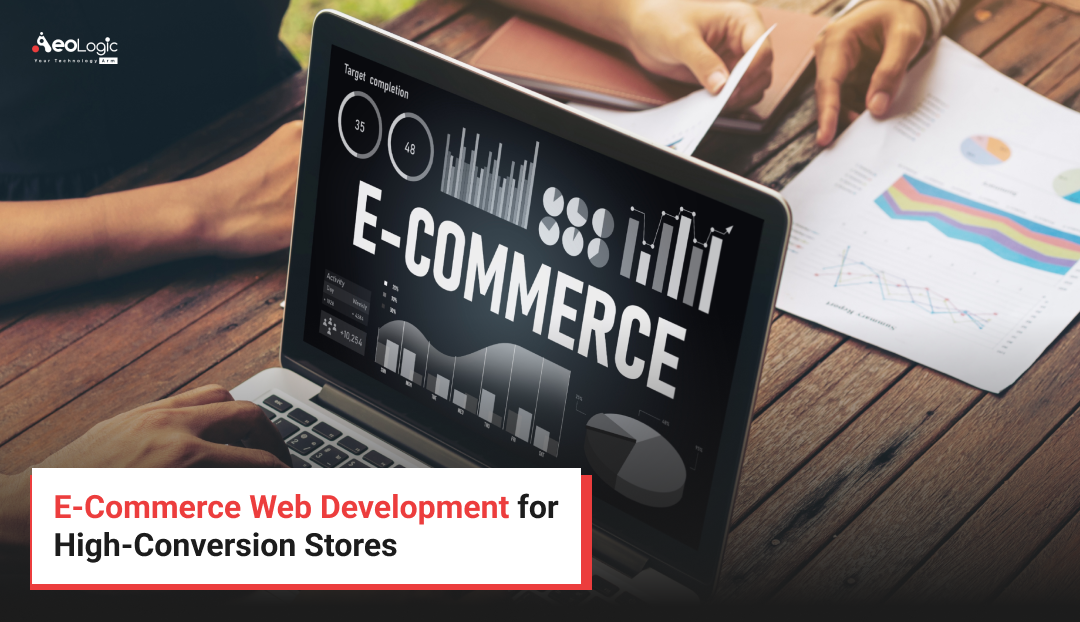As we approach the first quarter of 2022, we must consider how our supply chains have performed in the past and how we will improve those supply chains to work better in the future. It all starts with rethinking our objectives with the supply chains, in the past prior pandemic most supply chains were focused on cost optimization and throughput.
Companies used to think of how they can get the lowest cost providers, how they can get as much through the supply chain as quickly as possible. Companies were not considering flexibility, what if a pandemic struck the world, or what if customer demand shifted dramatically overnight. These were not issues that businesses were seriously considering, and they were not on anyone’s radar until 2020.
Today, the industry has almost two years of experience dealing with this post-pandemic world. Companies have a few years of experience dealing with broken supply chains, and it is now time to rethink all of these strategies and really look at ways to improve supply chains in the future.
Top Technology Trends Transforming Logistics
Following are the technologies trend that is transforming the logistics industry-
1. Cloud Logistics
Most manufacturing executives lack visibility across the six elements that comprise their supply chain, and without complete accurate real-time visibility, every aspect of the business can suffer. Order management in the cloud allows the user to quickly respond to changes in demand and offer personalized service on a global scale.
Accurate analysis lets the user quickly monitor performance and adapt to changing means on-the-fly. Simplifying collaborative procurement reduces risks, lower costs and improves margins optimize visibility results in complete accurate data to manage production processes.
2. Blockchain
The concept of a blockchain originated in the financial world, specifically with bitcoin, and is now being applied in a variety of business sectors ranging from telecommunications to health care, as well as logistics. Blockchain in logistics is a cornerstone of the future, which basically means that you have decentralized information about the shipments across the supply chain. Different people can check on information and also write certain data for shipments.
3. Internet of Things
The internet of things revolution can connect the internet to non-traditional things such as pallets, lifts and trailers. This technology will work throughout the supply chain using smart connected devices that can improve production efficiency and end-to-end visibility. Examples include drone yard management, GEO fencing, security alerts trailer, location updates and so much more.
4. Artificial intelligence
AI has been around for a long time, so this is not a new development. However, the availability of data, as well as linked computing and the internet of things, increases the power of such learning behaviour and pattern recognition software. The logistics industry is very competitive in nature so learning from the past helps you improve decision making in the future within the terminal operating systems or within the surrounding intelligence module. There’s great potential for using AI technology to enhance decision making.
5. Big Data
Thanks to the increasing availability of data and improvements in computer technologies, numerous data-driven applications are being developed across different industries be it healthcare, social sciences, energy, manufacturing or finance. As logistics becomes more digital and interconnected, this logistics sector is not averse to this phenomena. The logistics sector is tapping into the benefits of big data. The use of big data enables us to optimize traffic flows to reduce congestion, maintain infrastructure, increase safety and security and reduce carbon emissions for a healthier environment.
6) Virtual Reality and Augmented Reality
The implementation of virtual reality enables to train the employees outside the normal process giving them the possibility to do it once in again until the process is understood and then in reality augmented reality will be used to support the process. This works completely hand free as the smart glass and the complete applications with voice control could be used in any environment and will deliver the same result.
Conclusion
To sum up, above mentioned technologies are changing and giving plenty of benefits to the logistics industry and companies are also reaping the benefits from these technologies. If you haven’t thought about implementing these technologies so we suggest you please think again.
Contact us at support@aeologic.com and let us shape the future together reliably, affordably, and with quality efficiency.

Manoj Kumar is a seasoned Digital Marketing Manager and passionate Tech Blogger with deep expertise in SEO, AI trends, and emerging digital technologies. He writes about innovative solutions that drive growth and transformation across industry.
Featured on – YOURSTORY | TECHSLING | ELEARNINGINDUSTRY | DATASCIENCECENTRAL | TIMESOFINDIA | MEDIUM | DATAFLOQ






